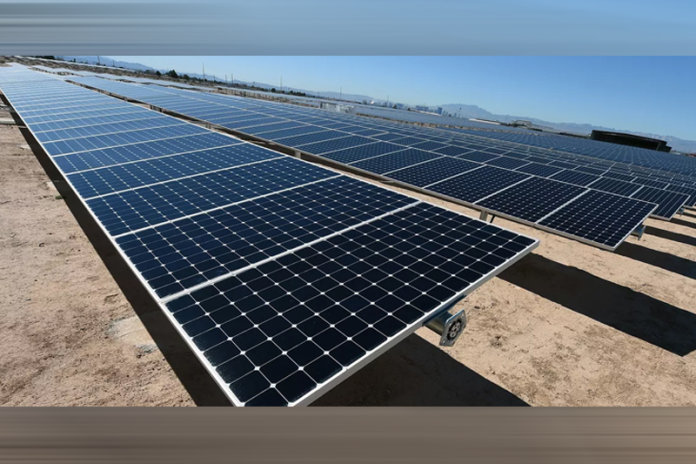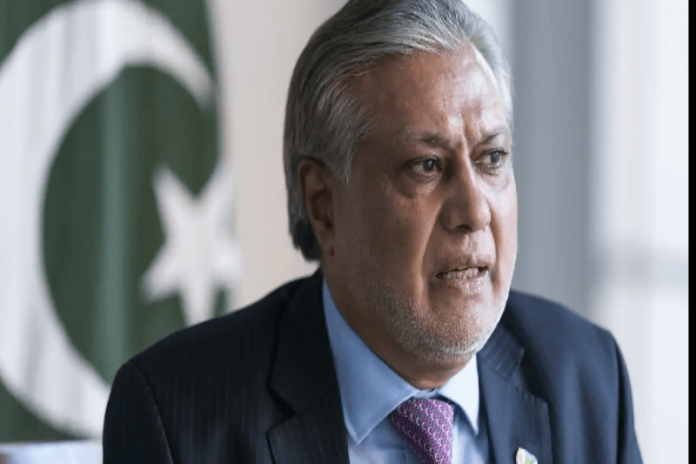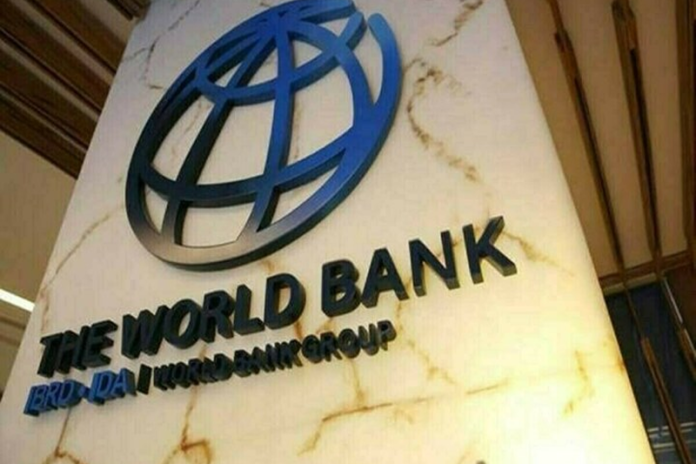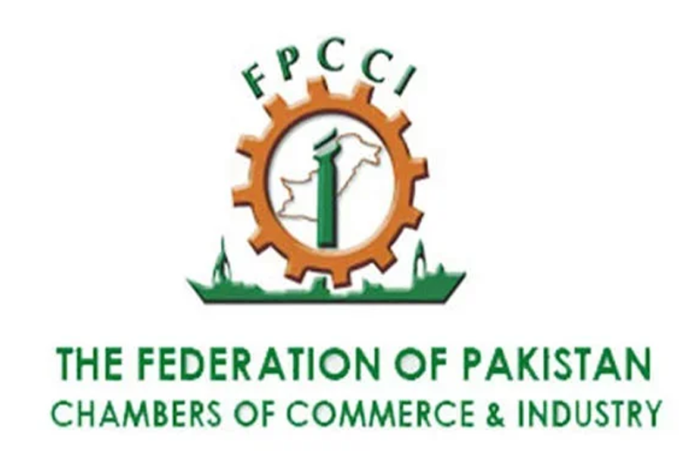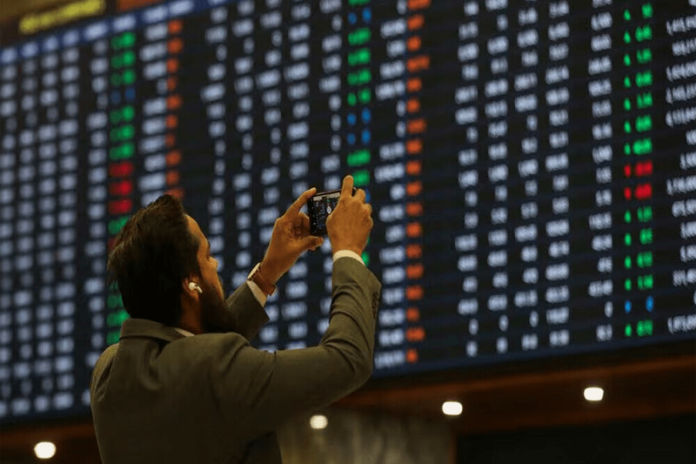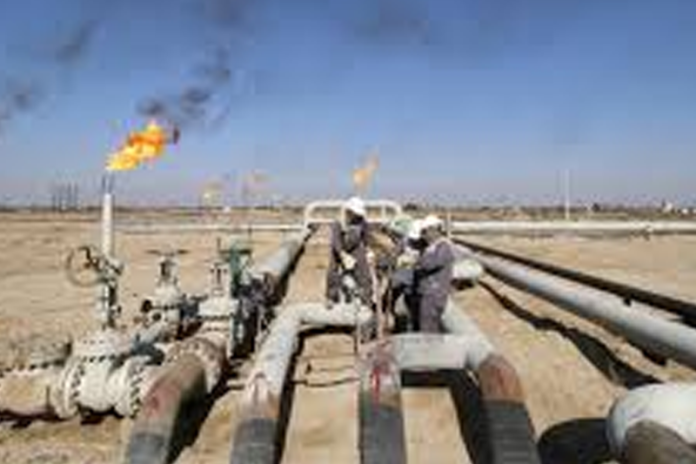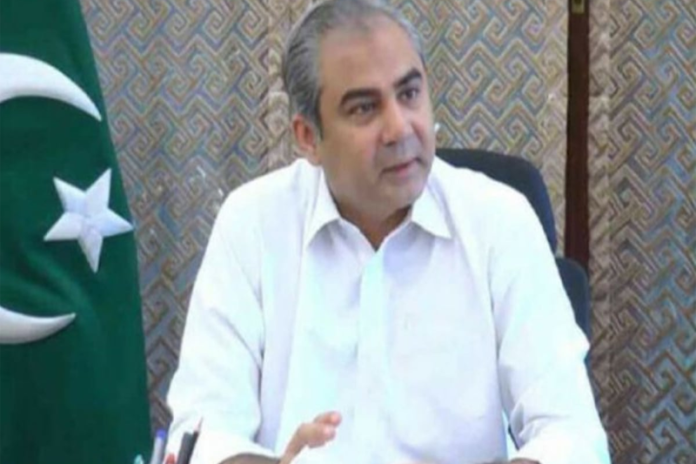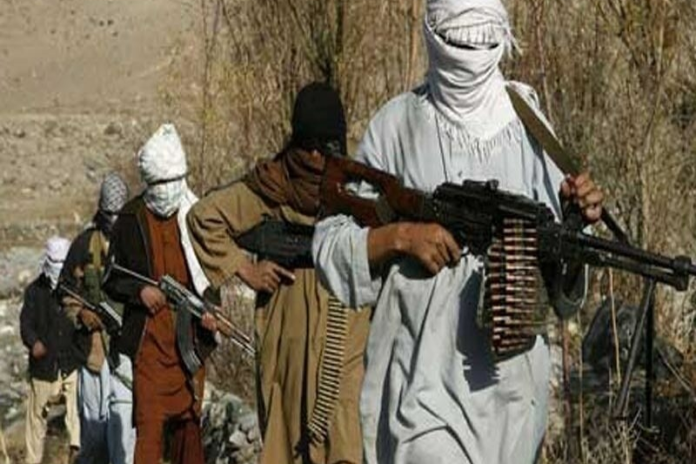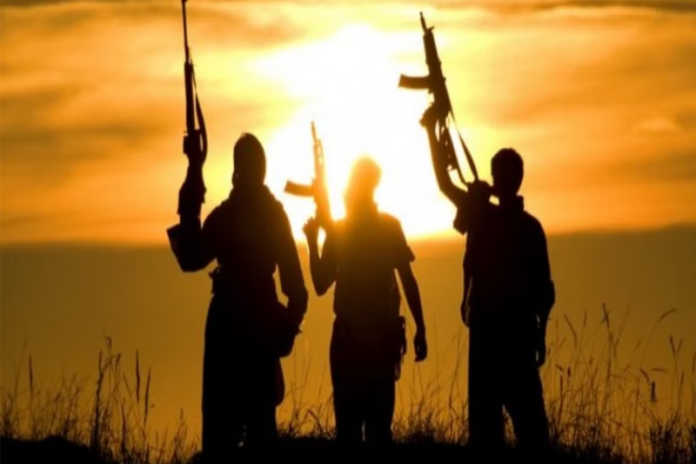Current situation of electricity shortage in Karachi: A persistent challenge
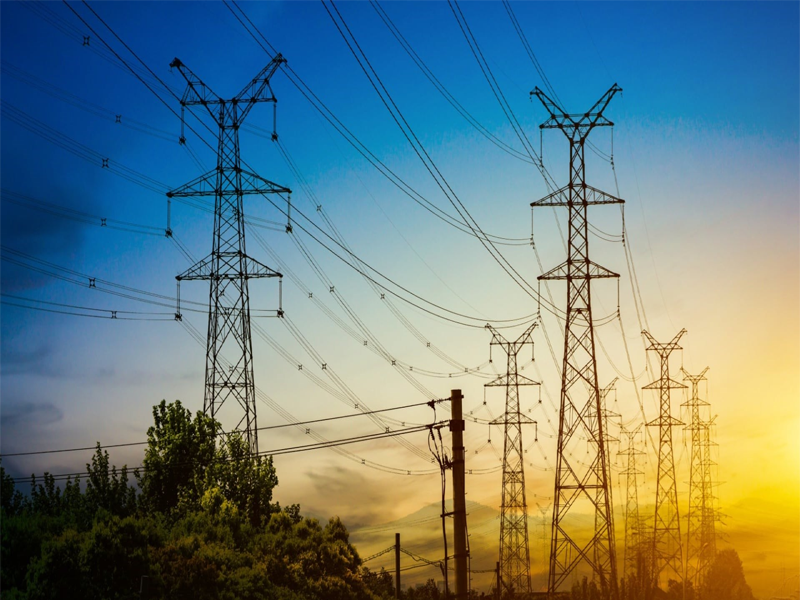
- 217
- 0
Karachi, the economic hub and largest city of Pakistan, grapples with a chronic issue that significantly impacts its residents and industries: electricity shortages. Despite being a vital center for commerce and trade, the city faces recurrent power outages that have become a daily reality for its inhabitants.
This article delves into the causes, effects, and potential solutions to the electricity shortage crisis in Karachi. Causes of Electricity Shortage Several factors contribute to the elec tricity shortage in Karachi: 1. Infrastructure Deficits: The city's aging infrastructure struggles to cope with the increasing demand for electricity due to population growth and industrial expansion. 2. Transmission and Distribution Issues: Inefficient transmission and distribution systems lead to losses during electricity transmission, exacerbating the shortage. 3. Financial Constraints: Insufficient funds for infrastructure upgrades and maintenance hinder improvements in the electricity supply. 4. Fuel Supply Issues: Dependency on imported fuel and fluctuations in fuel prices affect the availability and affordability of electricity generation. Effects on Residents and Businesses The electricity shortage in Karachi has profound impacts on daily life and economic activities: 1. Disruption of Daily Life: Frequent power outages disrupt household routines, causing inconvenience and discomfort, especially during extreme weather conditions.
2. Business Disruptions: Industries and businesses face operational challenges due to unreliable electricity supply, affecting productivity and profitability. 3. Health and Safety Concerns: Power outages compromise healthcare facilities, endangering patients and hindering medical services during emergencies. 4. Educational Impacts: Students' studies suffer due to interrupted online classes and limited access to study materials during power cuts. Government and Stakeholder Initiatives Efforts to address the electricity shortage in Karachi include: 1. Infrastructure Upgrades: Investments in upgrading transmission and distribution networks to improve efficiency and reduce losses.
2. Renewable Energy Integration: Encouraging the adoption of renewable energy sources to diversify the energy mix and reduce dependency on fossil fuels. 3. Policy Reforms: Implementing policies to attract private sector investment in the energy sector and improve governance. 4. Public Awareness Campaigns: Educating residents about energy conservation practices to reduce overall demand and alleviate pressure on the grid. Future Prospects and Challenges While initiatives are underway to mitigate the electricity shortage, challenges remain: 1. Financial Sustainability: Securing adequate funding for infrastructure improvements and maintaining sustainable energy generation. 2. Political Will: Ensuring political commitment and effective governance to implement long-term solutions. 3. Community Engagement: Encouraging public participation in energy conservation efforts and promoting responsible electricity consumption. The electricity shortage in Karachi is a multifaceted issue that requires concerted efforts from government authorities, stakeholders, and residents alike. Addressing infrastructure deficits, enhancing energy efficiency, and promoting renewable energy adoption are crucial steps towards achieving a reliable and sustainable electricity supply for Karachi. By working together and prioritizing long-term solutions, the city can overcome its current challenges and pave the way for a brighter, energy-secure future.













